Adam Taylor, washingtonpost.com
 The entrance to the Russian Embassy in London. (Kirsty Wigglesworth/AP)
The entrance to the Russian Embassy in London. (Kirsty Wigglesworth/AP)
If you want evidence of how technology has made diplomacy less diplomatic and information warfare less subtle, take a look at @RussianEmbassy, the Twitter account of the Russian Embassy in London.
In recent years, the account has gained global fame for its sardonic tweets. Generally, these messages seemed less about projecting Moscow's policies abroad and more about criticizing the apparent hypocrisy of the United States and Europe.
And despite a relatively modest 51,000 followers, tweets from the account often go viral. The account borrows its tactics from Twitter trolls — repurposing crude memes from Reddit, 4chan and other dark corners of the Internet to make a point and tagging Western journalists to ensure the message is spread.
And at other points, the account's messages are startlingly ordinary, perhaps even mundane — focusing not on the West or on Russia but on animals or tourist attractions.
It seems like a new strand of public diplomacy but not necessarily one run by young diplomats. The Guardian reported this week that the author of some of the more controversial messages is suspected to be Deputy Ambassador Alexander Kramarenko, a 65-year-old who posts erudite discussions of Gogol on his personal Facebook page. The Russian Embassy declined to comment on the accusation, suggesting instead that the account was a “collaborative effort.”
Below are the seven most popular tweets from the account, which offer a glimpse of tactics the Russian Embassy uses to criticize the West.
7.
This tweet was shared a few weeks into the presidency of Donald Trump. It pokes fun at the allegations of Russian hacking that had dogged last year's U.S. election. The image included in the tweet was shared by pro-Trump groups on Reddit in December.
6.
This is just a picture of a frog, taken at a wildlife reserve in Russia. It seems innocuous enough, but as we will explain later, it may not be as simple as it seems.
5.
The account shared this tweet in November 2015. The image included is a poster from 1915, at the start of World War I, and it shows a Russian soldier smiling at a seemingly irate Ottoman soldier. Notably, the Russian Embassy in London shared this image just days after Turkish forces shot down a Russian fighter jet over Syria, sparking a major diplomatic row between the two nations.
4.
To really special people like @LouiseMensch and @funder who keep telling the world that @POTUS is a Russian puppet.
Just a few days ago, the Russian Embassy used a popular meme of Leonardo DiCaprio in the 2013 film “The Great Gatsby” to sarcastically raise a toast to Louise Mensch and Scott Dworkin, two of the most vocal and conspiratorially minded Russia critics on Twitter.
After the tweet sparked a backlash, the Russian Embassy noted that Twitter was a place for “REASONED” debate.
@RussianEmbassy @LouiseMensch @funder @POTUS This is what your Embassy puts on Twitter? Jabs at people who do not like Russian intervention in a free election in a Democracy? Official?
@laeomtweets @LouiseMensch @funder @POTUS Please, don't take a twitter account for a graveyard. It is a place for people to communicate and have REASONED debate and, yes, some fun.
3.
In today’s papers: pundits call on @Theresa_May to disrupt possible Russia-US thaw. No trust in Britain's best friend and ally?
In early January, the Russian Embassy responded to reports that the British prime minister was advising the incoming U.S. administration against warmer relations with Russia.
However, the content of the tweet was less notable than the image that the account shared with it: a crude cartoon frog named “Pepe,” whose image has been co-opted by online supporters of the far right. A few days later, the embassy tweeted the photograph of the frog featured above in what appeared to be a nod to the backlash.
2.
In one of the account's most biting criticisms of the Western political establishment, in September 2015, the Russian Embassy joined in the condemnation of British Prime Minister David Cameron after he seemed to imply that opposition leader Jeremy Corbyn was a national security threat. It was a reminder of a Cold War-era tactic, “Whataboutism,” but it also found an audience in Britain, where many viewed Cameron's comments as an overreaction.
1.
By a considerable margin, the most popular tweet from the account was a response to President Barack Obama after he expelled 35 Russian diplomats over allegations of Russian hacking of the Democratic National Committee and the Clinton campaign during the 2016 election.
The tweet included a picture of a duck with the word “lame” written over it, a reference to Obama's “lame duck” status at the end of his second term.
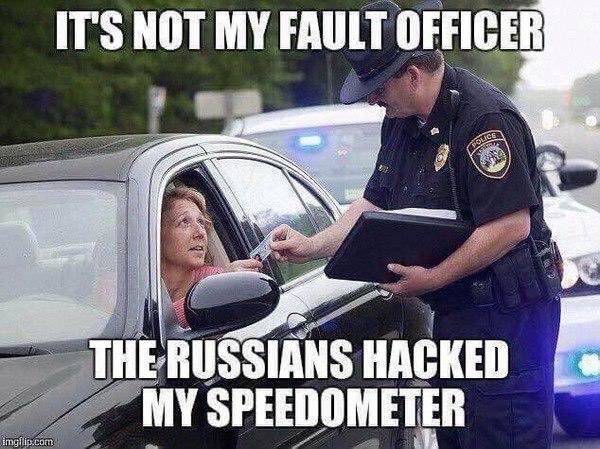

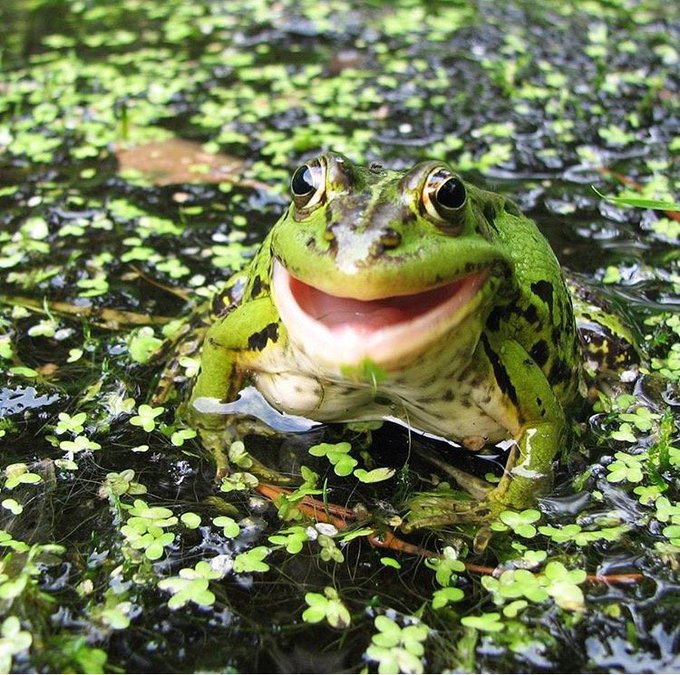
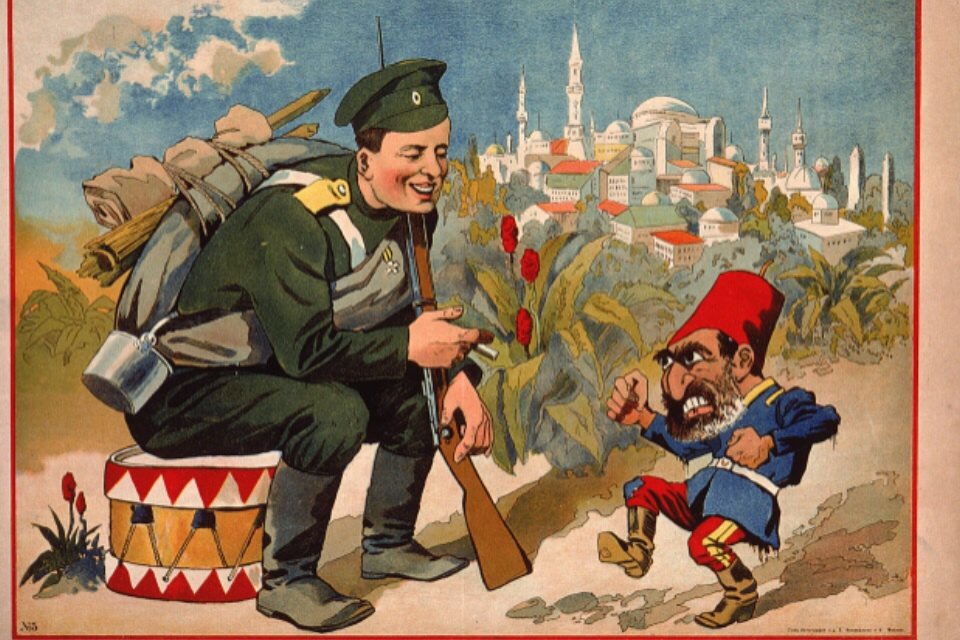



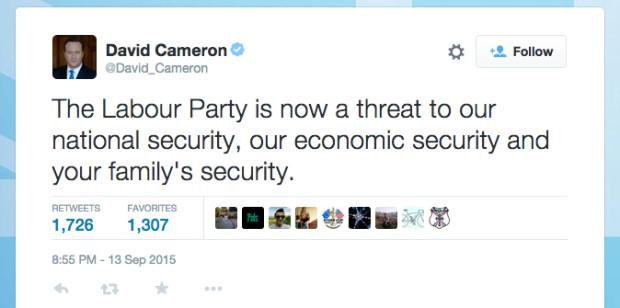
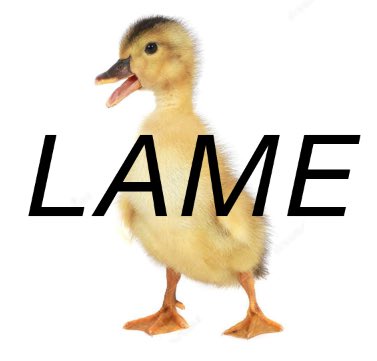
 diplomats in Cold War deja vu. As everybody, incl
diplomats in Cold War deja vu. As everybody, incl  people, will be glad to see the last of this hapless Adm.
people, will be glad to see the last of this hapless Adm.
No comments:
Post a Comment